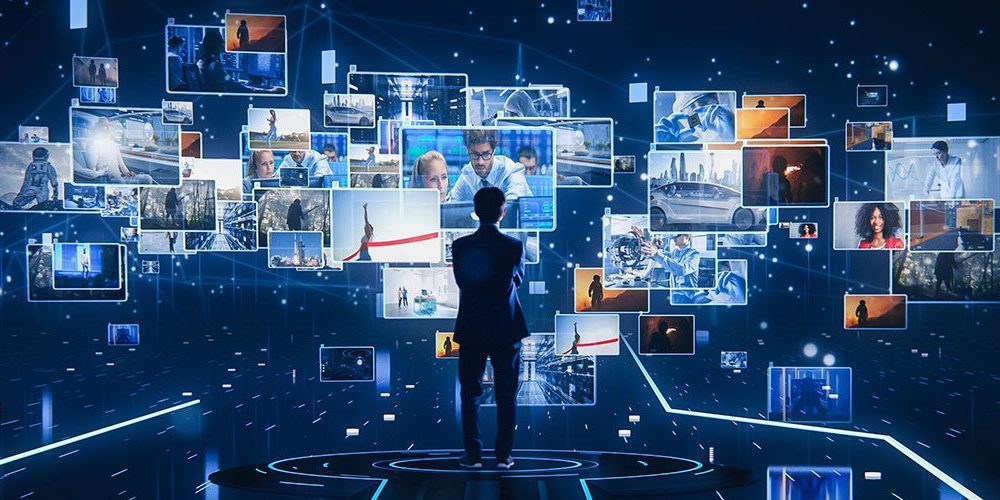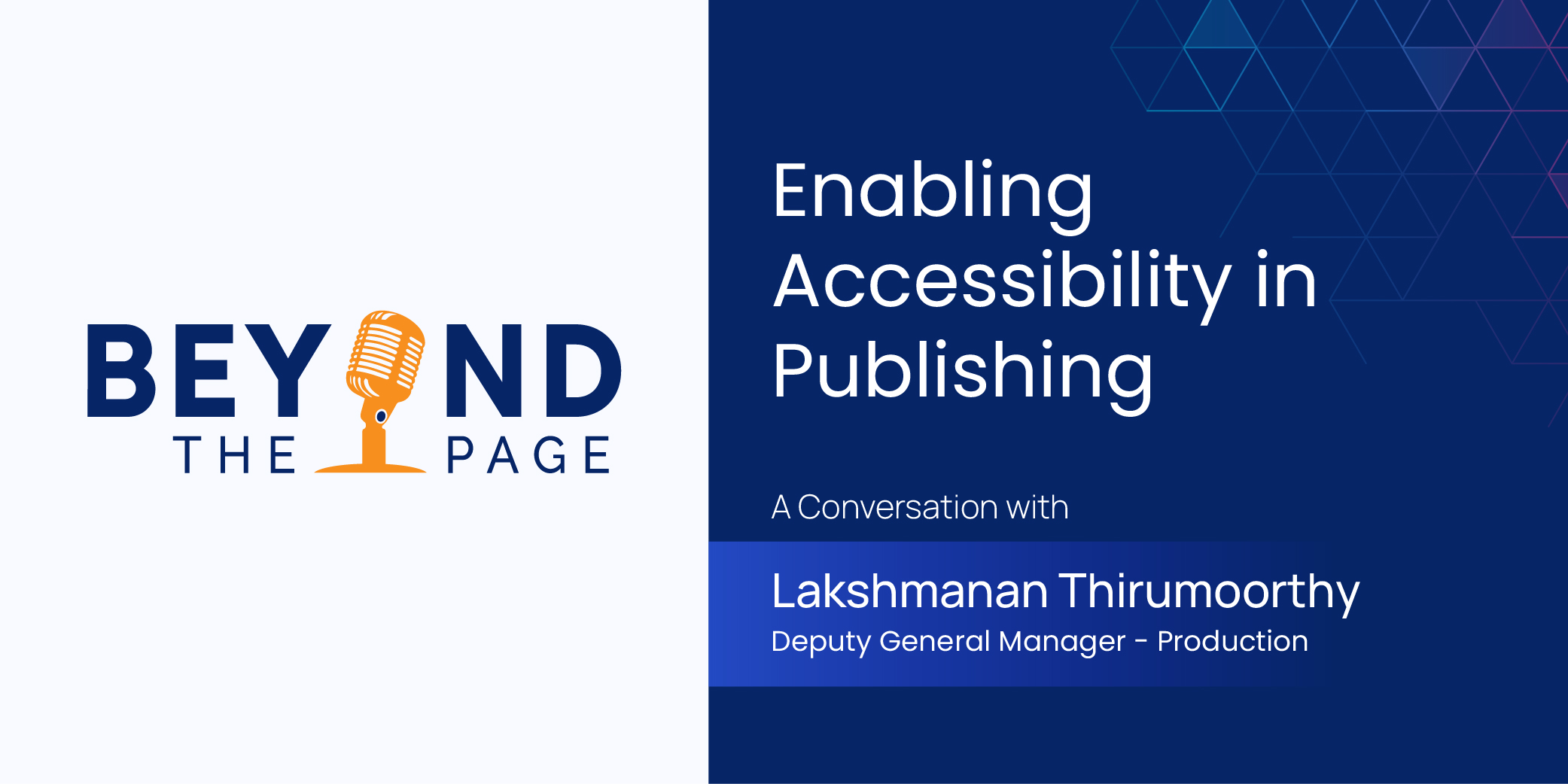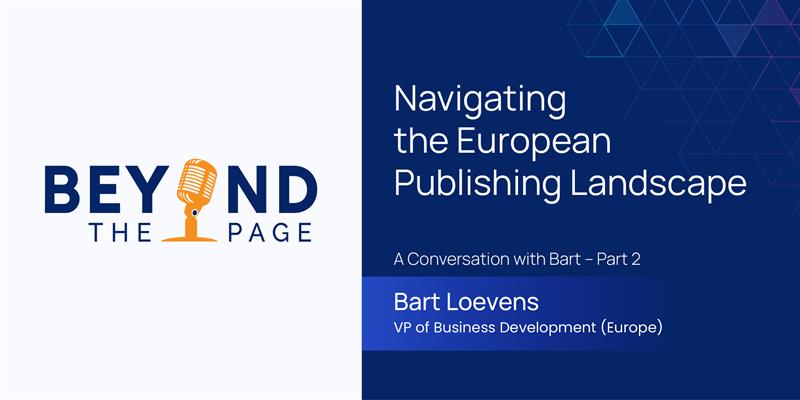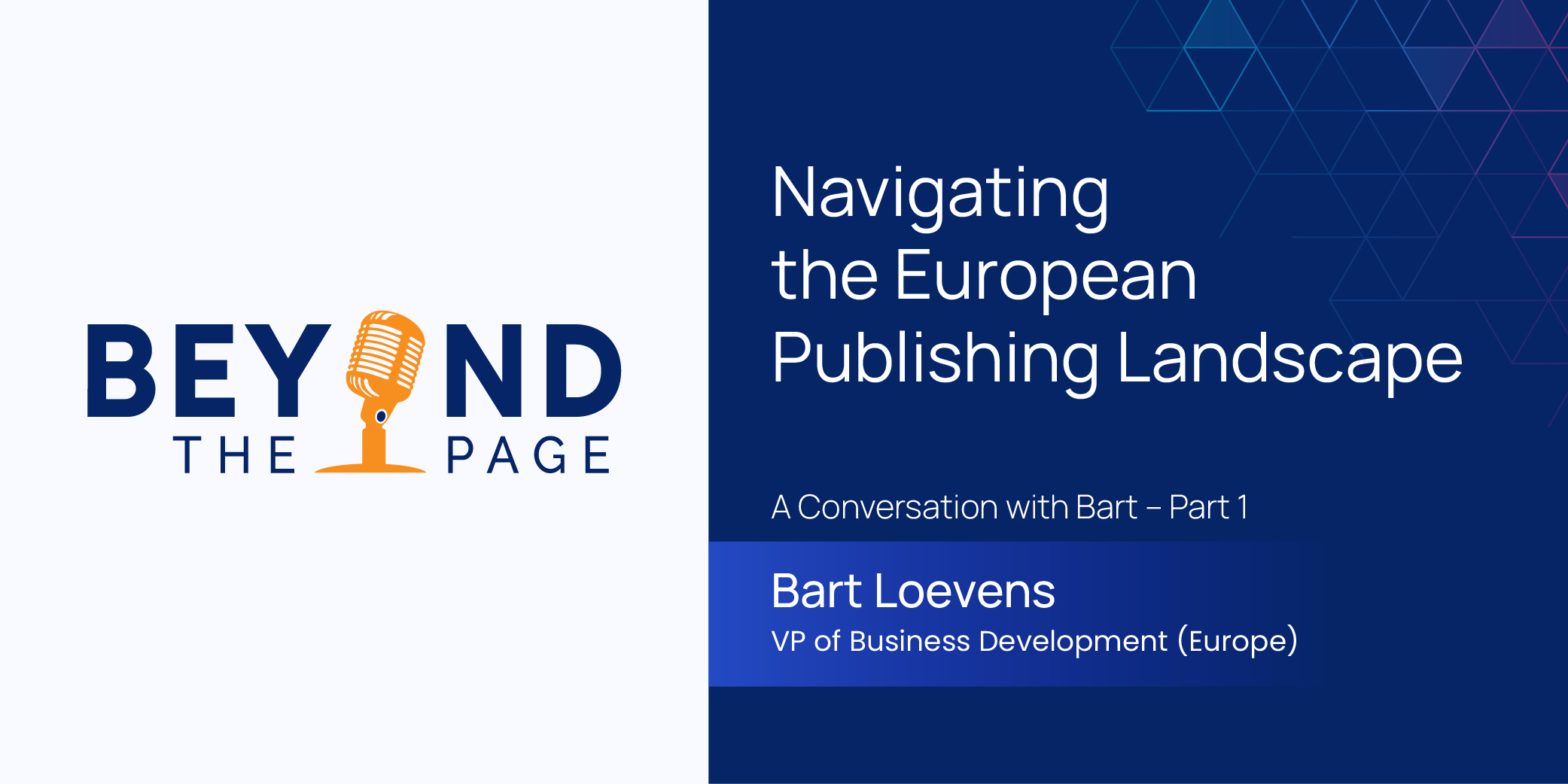Transforming Media and Entertainment with AI Automated Content Creation

The media landscape is undergoing a rapid evolution. Consumers now have access to a vast array of content across diverse platforms, demanding a constant stream of fresh, engaging experiences. This shift necessitates a transformation in content creation, and Artificial Intelligence (AI) is emerging as a powerful tool to meet this challenge. The global market size for AI in media and entertainment reached $10.87 billion. It is projected to experience a compound annual growth rate (CAGR) of 26.9% from 2022 to 2030. By automating various aspects of production and enhancing customer service, AI is poised to revolutionize the media and entertainment industry.
The Rise of AI in Media Production
The integration of AI in media production marks a pivotal shift in how content is conceived, developed, and distributed. AI-driven technologies, such as machine learning algorithms and natural language processing, are now routinely employed to automate and optimize various stages of the production process. This automation extends from initial content ideation through to editing and distribution. These technologies analyze vast amounts of existing data to recognize patterns and styles, enabling them to produce content that aligns with specific needs and audiences. Integrating AI into media workflows streamlines production processes, allowing creators to focus on higher-level aspects like concept development and narrative direction.
Unleashing Creativity Through Automation
Automated content creation offers a dual advantage: it enhances creative possibilities while boosting operational efficiencies. AI is adept at handling repetitive tasks, allowing creative professionals to focus on more strategic and innovative aspects of content production. For example, AI-powered scriptwriting tools can draft basic scripts which writers can then refine and enhance. Similarly, in the realm of video editing and animation, AI tools can automatically cut shots, match them with audio, and even create complex animations based on simple inputs. This frees up human creators to refine concepts, delve deeper into the emotional core of the narrative, and ensure the content resonates with viewers.
By streamlining these processes, AI not only shortens the production cycle but also helps maintain a consistent quality of output, while making it easier for creators to experiment and innovate. The deployment of these tools has led to a democratization of content creation, where smaller teams can produce content that competes with larger studios in terms of quality and innovation.
AI-Driven Customer Interaction: Enhancing the Viewer Experience
The impact of AI extends beyond content creation. Automation is transforming customer service within the media sector. AI-powered chatbots can handle routine inquiries, answer frequently asked questions, and provide real-time support to viewers. This not only improves customer satisfaction by offering immediate assistance but also frees up human customer service representatives to address more complex issues, leading to a more efficient and personalized experience.
Benefits of Automation in Content Creation
Automated content creation doesn’t stifle creativity; it amplifies it. AI tools free up human creators to refine concepts, focus on the emotional core of the narrative, and ensure the content resonates with viewers. Existing solutions assist in scriptwriting, video editing, and animation, offering valuable support throughout the production pipeline.
Quantifiable Benefits: A compelling Business Case for AI Adoption
The integration of AI offers a multitude of benefits for media and entertainment companies:
- Increased Efficiency: AI automates tedious tasks, accelerating production cycles and reducing overall costs.
- Enhanced Creativity: AI tools provide creative support, freeing up human creators to focus on higher-level storytelling.
- Improved Personalization: By analyzing viewer data, AI facilitates the creation of targeted content that resonates more deeply with specific audiences.
- Data-Driven Insights: AI can analyze audience data to identify trends and preferences, allowing for informed decision-making regarding content strategy and marketing efforts.
- 24/7 Customer Service: AI-powered chatbots provide uninterrupted support, enhancing customer satisfaction and loyalty.
Conclusion
The marriage of AI and automation has the potential to significantly transform the media and entertainment industry. With faster production cycles, enhanced creativity, and improved customer service, AI is paving the way for a more dynamic and engaging media landscape. For industry stakeholders looking to harness the power of these emerging technologies, solutions like those readily available on the Integra website offer a compelling starting point. Explore the cutting-edge AI automation solutions offered in the media industry, or contact providers like Integra for more detailed information on how AI can transform your business.
News & Insights

Enabling Accessibility in Scholarly Publishing – A Conversation with Lakshmanan Thirumoorthy

Navigating the European Publishing Landscape – A Conversation with Bart – Part 2

